Address
304 North Cardinal
St. Dorchester Center, MA 02124
Work Hours
Monday to Friday: 7AM - 7PM
Weekend: 10AM - 5PM
Connecting Eco-Conscious Consumers and Businesses Worldwide.

Join us in preserving the beauty of our land and ensuring a sustainable future for all.

Powering Industries and Communities with the Reliable Resources of Oil, Gas, and Energy.

Empowering Productivity: Maximize Output with Our Cutting-Edge Machinery & Vehicles.

Experience the Power and Reliability of Our Versatile Transport Equipment.
Promoting Sustainable Agriculture
Cultivating Sustainable Agriculture for a Flourishing Future






Explore the World of Taste with Our Exotic Spices, Crafted for Culinary Adventurers.
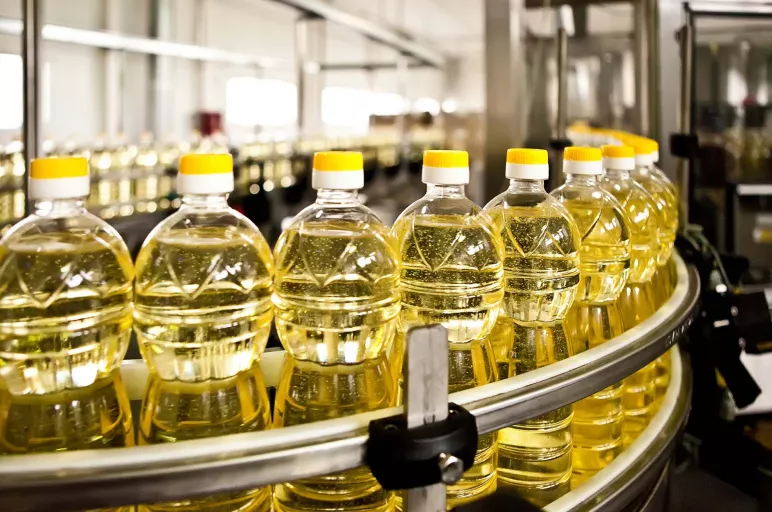
Experience the Superior Quality and Health Benefits of Our Premium Edible Oils.

Enjoy the Burst of Flavor and Healthy Delights of Our internationally Sourced Dry Fruits.

Immerse Your Senses in the Luxurious Flavor and Healthful Benefits of Our Premium Honey.






Minerals play a significant role in various industries, ranging from construction and manufacturing to energy production and technology. However, it is imperative to adopt responsible practices when dealing with minerals to ensure their sustainable use and minimize environmental and social impacts. This article highlights four essential actions to consider when handling minerals, promoting a more responsible and ethical approach.
One crucial aspect of mineral management is responsible sourcing. This involves conducting due diligence to ensure that minerals are extracted in an environmentally and socially responsible manner. Companies should prioritize suppliers who adhere to sustainable mining practices, reducing negative ecological impacts such as deforestation, water pollution, and habitat destruction. By supporting responsible sourcing, we can minimize the environmental footprint associated with mineral extraction.
Establishing traceability and promoting transparency throughout the mineral supply chain is vital for promoting ethical practices. It is essential to have a clear understanding of the origin of minerals, including the mining site and extraction methods employed. By implementing robust tracking systems and certification programs, companies can ensure that minerals are not associated with conflict, human rights abuses, or child labor. Transparent supply chains provide consumers with the necessary information to make informed choices, encouraging responsible mineral consumption.
Another key action is promoting the recycling and utilization of minerals within a circular economy framework. Rather than solely relying on extracting new minerals from the Earth, companies should prioritize recycling and reusing mineral resources wherever possible. This not only reduces the strain on natural resources but also minimizes waste generation and associated environmental impacts. Adopting innovative technologies and processes that facilitate efficient recycling and material recovery is crucial for achieving a more sustainable mineral management approach.
Mineral management requires collaboration and engagement with various stakeholders, including mining communities, governments, environmental organizations, and industry experts. By actively involving all relevant parties, we can collectively develop strategies and standards that foster sustainable mineral practices. Engaging with local communities ensures that their rights and well-being are safeguarded during mineral extraction processes. Collaboration also facilitates knowledge sharing, enabling the implementation of best practices and innovative solutions.
Effectively managing minerals is essential for creating a sustainable and ethical future. By embracing responsible sourcing, establishing traceability, promoting recycling, and fostering collaboration, we can minimize the negative environmental and social impacts associated with mineral extraction. The actions outlined in this article emphasize the importance of adopting a holistic approach, involving all stakeholders, to ensure a responsible and sustainable mineral trade. Let us work together to harness the potential of minerals while preserving our planet for generations to come.
Lorem ipsum dolor sit amet, consectetur adipiscing elit, sed do eiusmod Lorem ipsum dolor sit amet, consectetur adipiscing elit
Hybrid vehicles combine an internal combustion engine with an electric motor, utilizing gasoline or diesel as fuel while providing increased fuel efficiency.
Electric vehicles are powered by rechargeable batteries and use electricity as their primary fuel source. They produce zero tailpipe emissions and are becoming increasingly popular.
PHEVs combine a gasoline or diesel engine with an electric motor and a larger battery. They can be charged from an external power source and offer a blend of electric and conventional driving.
Bioethanol is produced through the fermentation of biomass, primarily crops such as corn, sugarcane, and wheat. Biodiesel can be used as a substitute for diesel in vehicles. Hydrogen fuel is used in fuel cells to generate electricity and power electric vehicles.
Hybrid vehicles combine an internal combustion engine with an electric motor, utilizing gasoline or diesel as fuel while providing increased fuel efficiency.
Electric vehicles are powered by rechargeable batteries and use electricity as their primary fuel source. They produce zero tailpipe emissions and are becoming increasingly popular.
PHEVs combine a gasoline or diesel engine with an electric motor and a larger battery. They can be charged from an external power source and offer a blend of electric and conventional driving.
Bioethanol is produced through the fermentation of biomass, primarily crops such as corn, sugarcane, and wheat. Biodiesel can be used as a substitute for diesel in vehicles. Hydrogen fuel is used in fuel cells to generate electricity and power electric vehicles.
Hybrid vehicles combine an internal combustion engine with an electric motor, utilizing gasoline or diesel as fuel while providing increased fuel efficiency.
Electric vehicles are powered by rechargeable batteries and use electricity as their primary fuel source. They produce zero tailpipe emissions and are becoming increasingly popular.
PHEVs combine a gasoline or diesel engine with an electric motor and a larger battery. They can be charged from an external power source and offer a blend of electric and conventional driving.
Bioethanol is produced through the fermentation of biomass, primarily crops such as corn, sugarcane, and wheat. Biodiesel can be used as a substitute for diesel in vehicles. Hydrogen fuel is used in fuel cells to generate electricity and power electric vehicles.
Energizing a Sustainable Tomorrow
LPG, or liquefied petroleum gas, provides a versatile and environmentally-friendly fuel solution for heating, cooking, transportation, and industrial applications, promoting energy efficiency and reducing carbon footprint.
LNG, or liquefied natural gas, offers a cleaner and more efficient energy source, reducing emissions and powering industries, transportation, and homes with greater sustainability.
Petroleum oil, a crucial energy resource, fuels transportation, powers industries, and supports various sectors. Innovation and sustainable practices are key to mitigating its environmental impacts.
Lubricant oil, essential for machinery and engines, reduces friction, protects against wear and tear, and ensures optimal performance, prolonging the lifespan of the equipment.
Fuel is a vital resource that powers various modes of transportation, generates electricity, and fuels countless industrial processes. With the increasing demand for energy and the need for sustainable alternatives, understanding the different types of fuel becomes crucial.
In this comprehensive guide, we will explore various fuel types, including conventional and alternative fuels, shedding light on their characteristics, applications, and environmental impacts.
As we strive for a more sustainable and environmentally friendly future, the diverse range of fuel options plays a significant role. While conventional fossil fuels still dominate the energy landscape, alternative and renewable fuels are gaining momentum. Understanding the characteristics, applications, and environmental impacts of different fuel types enables us to make informed choices and support the transition to cleaner and more efficient energy sources. By embracing innovation and exploring greener alternatives, we can shape a more sustainable energy future for generations to come.
Crude oil, also known as petroleum, is a complex mixture of hydrocarbons extracted from underground reservoirs. It serves as the primary source for various fuels like gasoline, diesel, and jet fuel.
Natural gas consists mainly of methane and is found alongside crude oil reserves. It is used for heating, electricity generation, and as a fuel for vehicles.
Coal is a solid fossil fuel formed from decomposed plant matter. It is primarily used for electricity generation in power plants.
Gasoline, also called petrol, is a refined product derived from crude oil. It powers internal combustion engines in cars, motorcycles, and small engines.
Diesel fuel is obtained by distilling crude oil and is commonly used in heavy-duty vehicles like trucks, buses, and some cars.
Jet fuel, or aviation turbine fuel (ATF), is specifically formulated for use in aircraft. It provides the necessary energy for jet engines.
Hybrid vehicles combine an internal combustion engine with an electric motor, utilizing gasoline or diesel as fuel while providing increased fuel efficiency.
Electric vehicles are powered by rechargeable batteries and use electricity as their primary fuel source. They produce zero tailpipe emissions and are becoming increasingly popular.
PHEVs combine a gasoline or diesel engine with an electric motor and a larger battery. They can be charged from an external power source and offer a blend of electric and conventional driving.
Bioethanol is produced through the fermentation of biomass, primarily crops such as corn, sugarcane, and wheat. Biodiesel can be used as a substitute for diesel in vehicles. Hydrogen fuel is used in fuel cells to generate electricity and power electric vehicles.
Lorem ipsum dolor sit amet, consectetur adipiscing elit, sed do eiusmod Lorem ipsum dolor sit amet, consectetur adipiscing elit
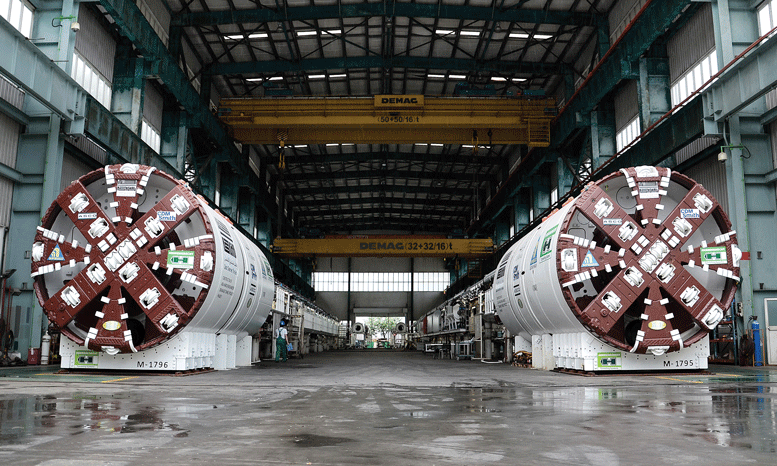
Cras rhoncus lacinia lobortis. Aenean tempor eu sem quis eleifend. Integer commodo semper tristique.
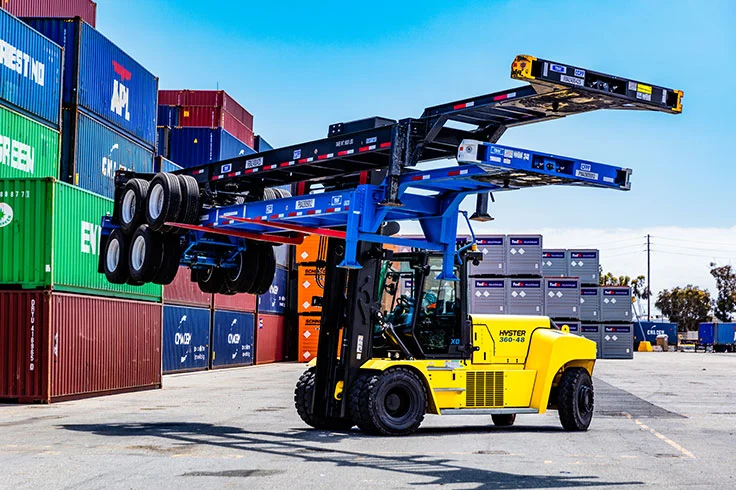
Cras rhoncus lacinia lobortis. Aenean tempor eu sem quis eleifend. Integer commodo semper tristique.

Cras rhoncus lacinia lobortis. Aenean tempor eu sem quis eleifend. Integer commodo semper tristique.

Cras rhoncus lacinia lobortis. Aenean tempor eu sem quis eleifend. Integer commodo semper tristique.

Cras rhoncus lacinia lobortis. Aenean tempor eu sem quis eleifend. Integer commodo semper tristique.

Cras rhoncus lacinia lobortis. Aenean tempor eu sem quis eleifend. Integer commodo semper tristique.

Cras rhoncus lacinia lobortis. Aenean tempor eu sem quis eleifend. Integer commodo semper tristique.

Cras rhoncus lacinia lobortis. Aenean tempor eu sem quis eleifend. Integer commodo semper tristique.

Cras rhoncus lacinia lobortis. Aenean tempor eu sem quis eleifend. Integer commodo semper tristique.
on order over $150.00
free 90 days return
Register and get discount
Building Bridges, Expanding Markets
The Borderless Trade Revolution: Redefining Commerce in the Global Age.
Import and export activities play a crucial role in fostering economic interdependence between nations, facilitating global trade, and promoting economic development.
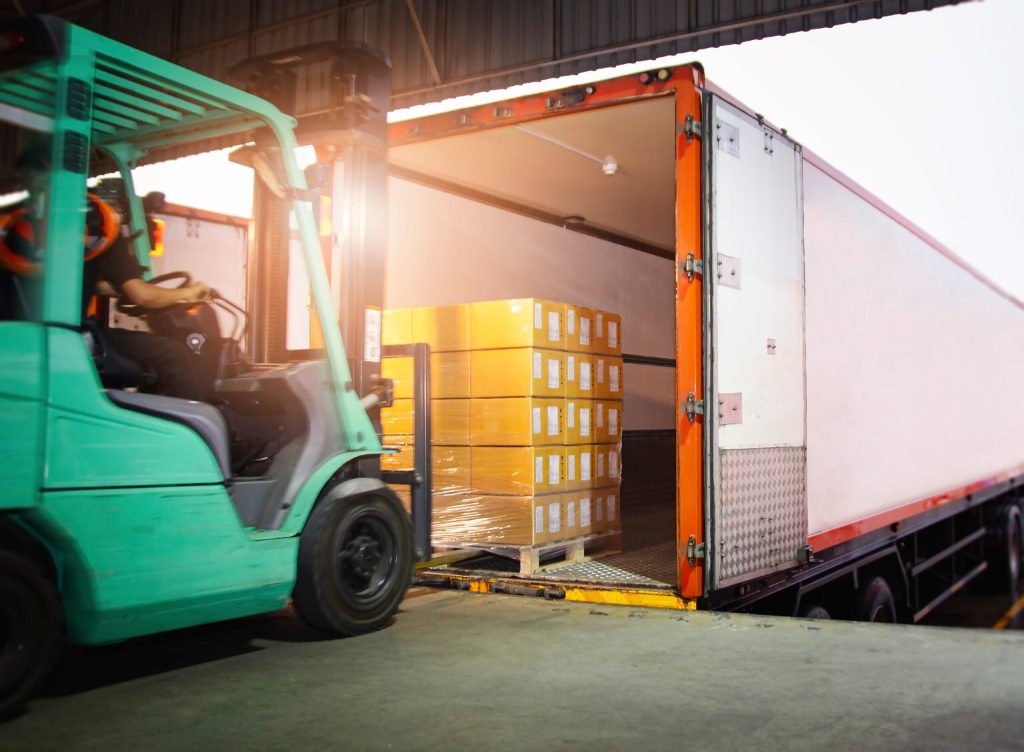
Eco Trade Source's Supply Chain Management offers a high level of efficiency and security for fast-moving consumer goods, every step of the way.

Explore and get a sneak peek into what we offer across the fashion and lifestyle industry with Eco Trade Source Supply Chain Management solutions.
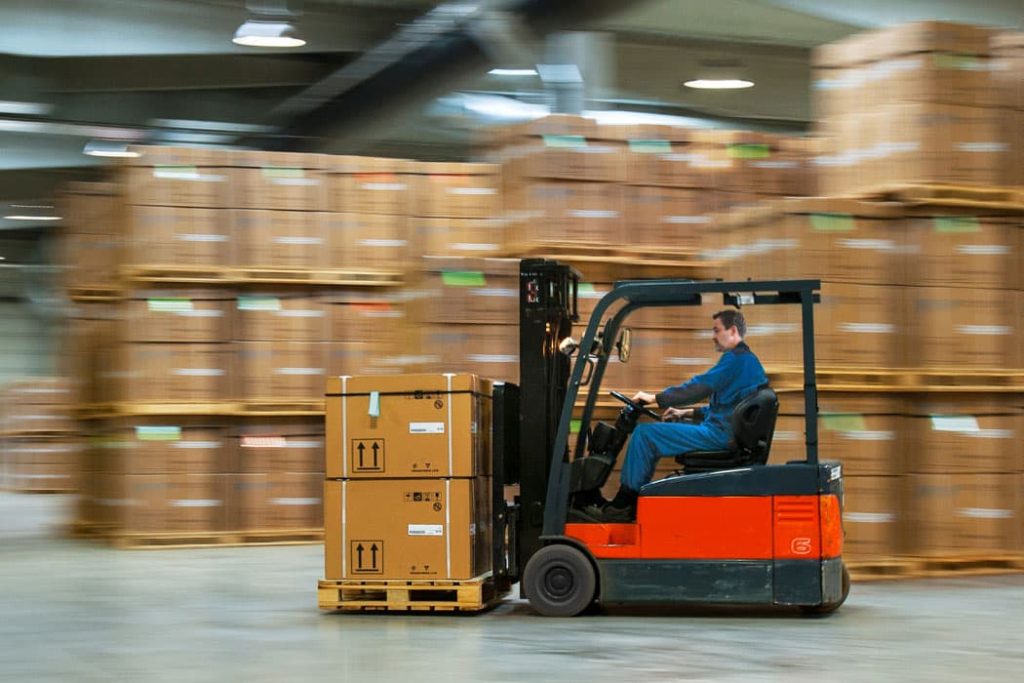
At Eco Trade Source we create value for the retail industry with our comprehensive logistics solutions from Supply Chain Management to Omnichannel Sales.

Learn about the high-quality and efficient solutions we offer across the automotive industry with Eco Trade Source Supply Chain Management.
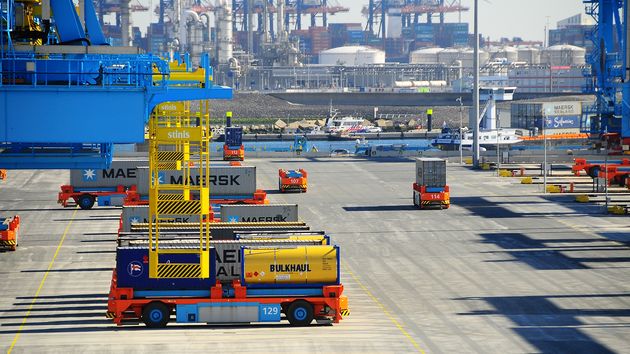
For every step of the way, we ensure the safety and security of your chemicals with Eco Trade Source Supply Chain Management solutions.

At Eco Trade Source, we build your technology supply chain management solutions around key enablers that produce high quality results.
Simple testimonial with thumbnail image and box shadow






Simple testimonial with thumbnail image and box shadow








Best suite for your small startup business lorem ipsum dolor sit amet consiquest.

Best suite for your small startup business lorem ipsum dolor sit amet consiquest.

Best suite for your small startup business lorem ipsum dolor sit amet consiquest.






